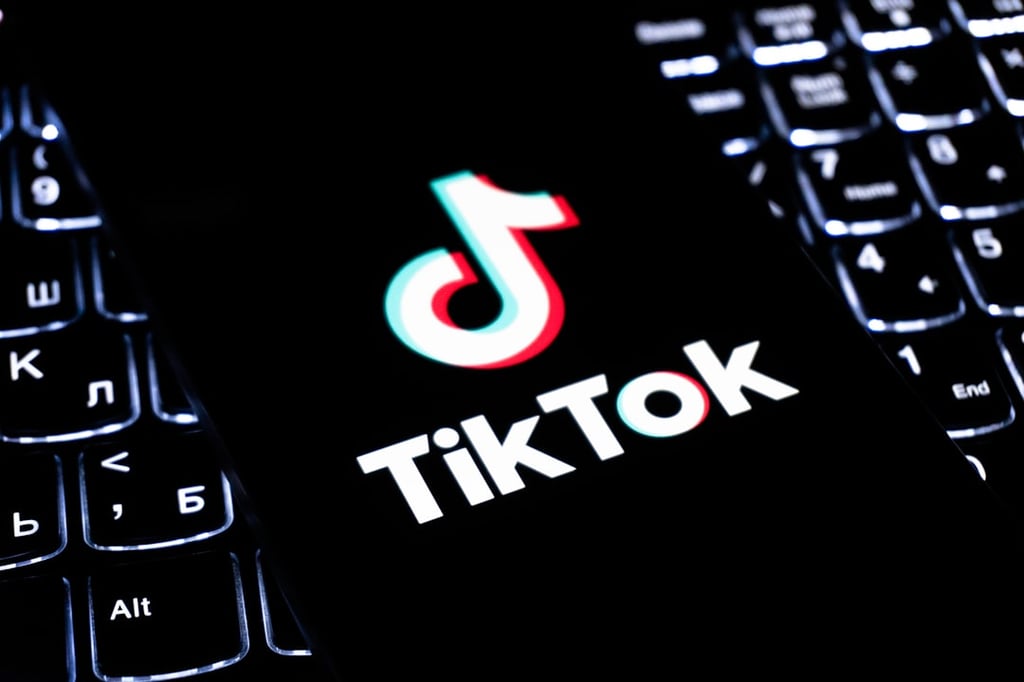Datamation content and product recommendations are
editorially independent. We may make money when you click on links
to our partners.
Learn More
![]()
LOS ANGELES (Reuters) – Sony Corp will begin selling this month the cheapest digital book reader for the United States, heating up the competition with Amazon.com Inc in the small but fast-growing market for electronic readers.
Sony plans to start selling its 5-inch-screen Reader Pocket Edition at $199 — which it called a breakthrough price — and a larger touchscreen reader for $299, through nationwide retail outlets such as Wal-Mart and Best Buy.
To drive demand, the company plans to reduce the price it now charges for downloads of best-sellers and new releases to $9.99 from $11.99, bringing prices in largely in line with Amazon’s.
Analysts say people that may have been holding off in the middle of a recession may be tempted by Sony to jump onto the digital-reader bandwagon.
“Achieving the $199 price point, we believe, expands the market dramatically,” Steve Haber, president of Sony’s Digital Reading division, told Reuters in an interview.
“You can throw it in your bag and always have it with you, and that also allowed us to achieve a more affordable price point.”
The news is the latest salvo in a battle between digital readers where Sony — which was first to market — Amazon and other companies are vying to establish themselves in a market that they expect to become a profit driver.
In July, online retailer Amazon cut the price of its standard Kindle electronic reader by 17 percent to $299. A larger version of the Kindle sells at $489.
Haber expects the market for e-readers to exceed 2 million units this year in the United States. Forrester Research estimates Kindle and the Sony Reader to hit the one million mark in U.S. sales by the end of 2008 and forecast that the market would reach two million units in 2009.
“We’re on track to exceed that forecast in 2009,” said Sarah Rotman Epps, a media analyst for Forrester Research. “One of the drivers for that (future growth) is the fact that Sony is getting a product out at $199.”
“We predicted that wouldn’t happen until next year. They’ve managed to design an inexpensive device that doesn’t feel cheap and that’s going to have significant impact in the market.”
While digital readers are convenient for avid book readers on the go and those who travel frequently, their high prices have been a barrier to many.
In recent research, Forrester found that 13 percent of U.S. online consumers thought $199 was an “affordable splurge”: a price that was expensive but that they would consider. Of consumers planning to buy a digital reader in the next six months, 26 percent said $199 was within reach.
Electronic readers allow consumers to read books, magazines or newspapers on a tablet-like device that downloads content digitally.
Comparisons with Amazon’s Kindle will be inevitable.
Sony’s more expensive new device, called the Reader Touch Edition, offers users a touch screen like its older PRS-700, but at $299 it is $50 cheaper. It also comes with a built-in dictionary that, with a tap on a word, pops up the word’s definition. It also allows users to take notes with a virtual keyboard or attached stylus.
But unlike the Kindle, none of Sony’s devices old or new will have wireless connectivity, meaning users will have to download books first to their personal computers or Apple Mac computers — which Sony now supports.
Haber said Sony was looking into building wireless capability into future readers, but would not give details or a timeframe.
Another major area of divergence is the closed system of sharing in the industry.
In Amazon’s case, titles bought through its Kindle Store can be read on the Kindle but also Apple Inc’s iPhone or iPod Touch — but not the Sony Reader.
Barnes & Noble’s titles, meanwhile, are accessible on Apple devices and Research in Motion Ltd’s Blackberry, but not on the Kindle or Sony Reader.
And titles from Sony’s store can only be played on the company’s own reader.
Haber said he hopes the industry will move to a common format and common digital rights management, but stopped short of saying Sony will try to make its titles compatible with other devices.
“It’s like physical books. You can buy physical books from any store that you want and use it in any room in your home you want,” Haber said.
Copyright 2009 Reuters. Click for restrictions.
-
Huawei’s AI Update: Things Are Moving Faster Than We Think
FEATURE | By Rob Enderle,
December 04, 2020
-
Keeping Machine Learning Algorithms Honest in the ‘Ethics-First’ Era
ARTIFICIAL INTELLIGENCE | By Guest Author,
November 18, 2020
-
Key Trends in Chatbots and RPA
FEATURE | By Guest Author,
November 10, 2020
-
Top 10 AIOps Companies
FEATURE | By Samuel Greengard,
November 05, 2020
-
What is Text Analysis?
ARTIFICIAL INTELLIGENCE | By Guest Author,
November 02, 2020
-
How Intel’s Work With Autonomous Cars Could Redefine General Purpose AI
ARTIFICIAL INTELLIGENCE | By Rob Enderle,
October 29, 2020
-
Dell Technologies World: Weaving Together Human And Machine Interaction For AI And Robotics
ARTIFICIAL INTELLIGENCE | By Rob Enderle,
October 23, 2020
-
The Super Moderator, or How IBM Project Debater Could Save Social Media
FEATURE | By Rob Enderle,
October 16, 2020
-
Top 10 Chatbot Platforms
FEATURE | By Cynthia Harvey,
October 07, 2020
-
Finding a Career Path in AI
ARTIFICIAL INTELLIGENCE | By Guest Author,
October 05, 2020
-
CIOs Discuss the Promise of AI and Data Science
FEATURE | By Guest Author,
September 25, 2020
-
Microsoft Is Building An AI Product That Could Predict The Future
FEATURE | By Rob Enderle,
September 25, 2020
-
Top 10 Machine Learning Companies 2020
FEATURE | By Cynthia Harvey,
September 22, 2020
-
NVIDIA and ARM: Massively Changing The AI Landscape
ARTIFICIAL INTELLIGENCE | By Rob Enderle,
September 18, 2020
-
Continuous Intelligence: Expert Discussion [Video and Podcast]
ARTIFICIAL INTELLIGENCE | By James Maguire,
September 14, 2020
-
Artificial Intelligence: Governance and Ethics [Video]
ARTIFICIAL INTELLIGENCE | By James Maguire,
September 13, 2020
-
IBM Watson At The US Open: Showcasing The Power Of A Mature Enterprise-Class AI
FEATURE | By Rob Enderle,
September 11, 2020
-
Artificial Intelligence: Perception vs. Reality
FEATURE | By James Maguire,
September 09, 2020
-
Anticipating The Coming Wave Of AI Enhanced PCs
FEATURE | By Rob Enderle,
September 05, 2020
-
The Critical Nature Of IBM’s NLP (Natural Language Processing) Effort
ARTIFICIAL INTELLIGENCE | By Rob Enderle,
August 14, 2020
SEE ALL
ARTICLES







